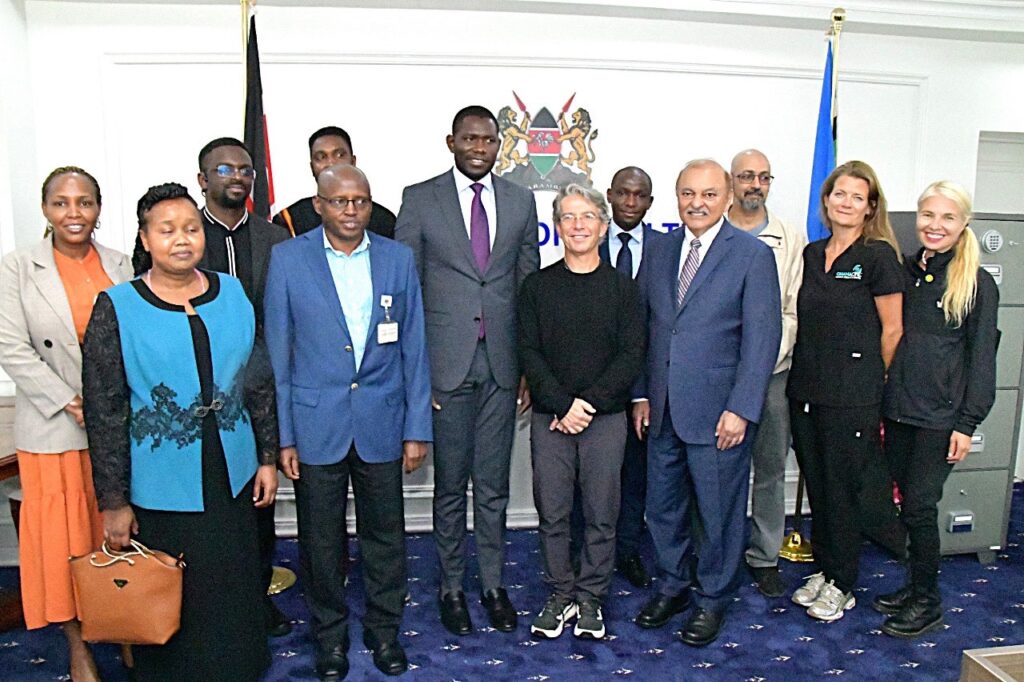Kenya’s healthcare system is entering a transformative phase with deeper international collaborations aimed at expanding access, strengthening training, and building a more sustainable health workforce. A recent high-level meeting with a global medical delegation highlighted four critical priorities: expanding healthcare access for vulnerable populations, enhancing system efficiency and sustainability, building a stronger workforce, and scaling up Social Health Insurance (SHI).
One of the most pressing needs identified is workforce development. While Kenya has earned global recognition for the skill and dedication of its health professionals, the system continues to grapple with shortages of highly specialized practitioners. This gap opens the door for structured and innovative partnerships that can expand training opportunities, build technical capacity, and enhance service delivery across the country.
A key outcome of the discussions was a reaffirmation of support for Kenya’s specialized care infrastructure, notably the burn unit at Kenyatta National Hospital. This unit is set to serve as a training hub for resident plastic surgeons from the University of Nairobi, helping to address a long-standing shortage of reconstructive surgery expertise. Such initiatives not only provide advanced skills to local professionals but also ensure continuity of care for patients requiring complex treatments.
The talks also explored collaboration with leading international health institutions, including Cedars-Sinai Medical Center in the United States. This potential partnership is expected to advance specialist training, promote knowledge exchange, and introduce innovative care models that can be adapted to Kenya’s unique health needs.
Beyond specialist training, the discussions reinforced the importance of making healthcare accessible to underserved and indigent populations. Expanding the reach of Social Health Insurance is a cornerstone of this vision, ensuring that every Kenyan, regardless of income level, has access to essential health services without facing catastrophic financial costs.
By aligning global expertise with local priorities, these partnerships are setting the stage for a more resilient and equitable health system. The emphasis on sustainability ensures that training, service delivery, and system improvements will have lasting impact beyond short-term interventions.
As Kenya continues to pursue universal health coverage, international partnerships are proving to be a crucial pillar in the journey. By investing in human resources, strengthening specialist care, and expanding insurance coverage, the country is steadily building a future where quality healthcare is accessible to all.

